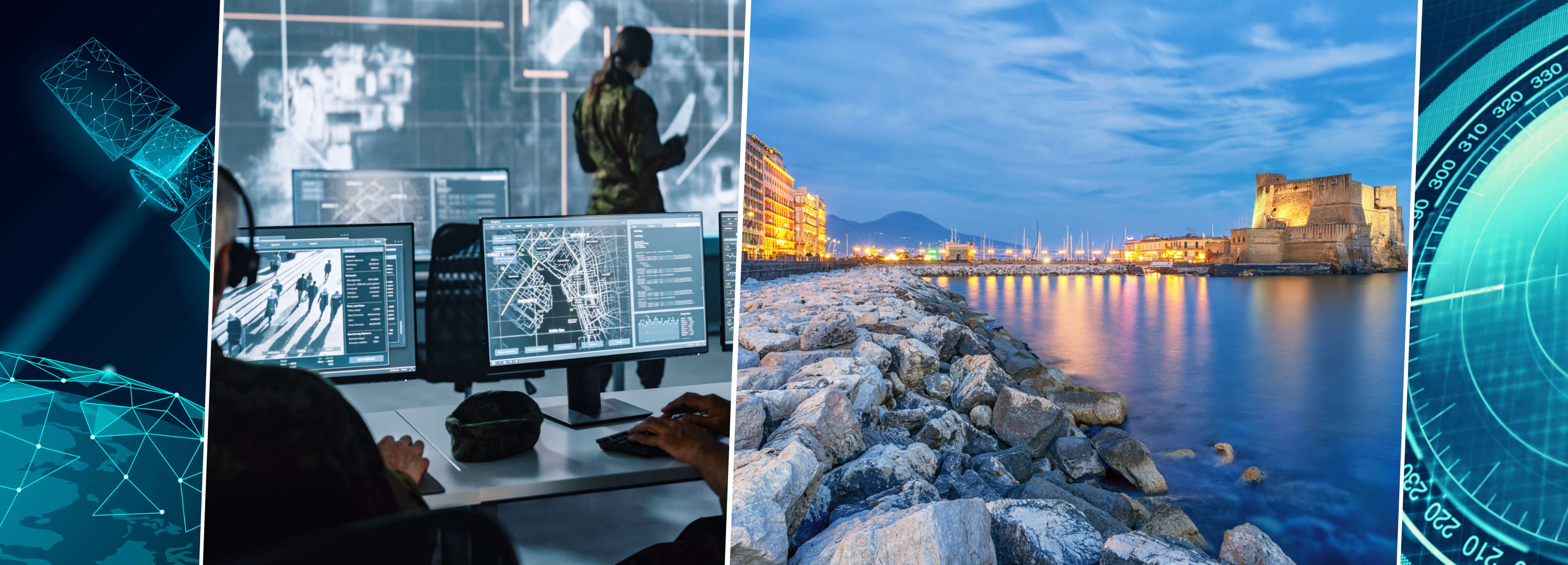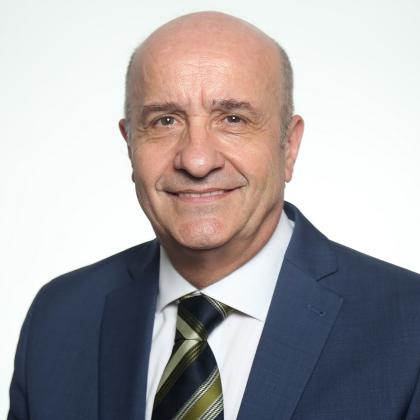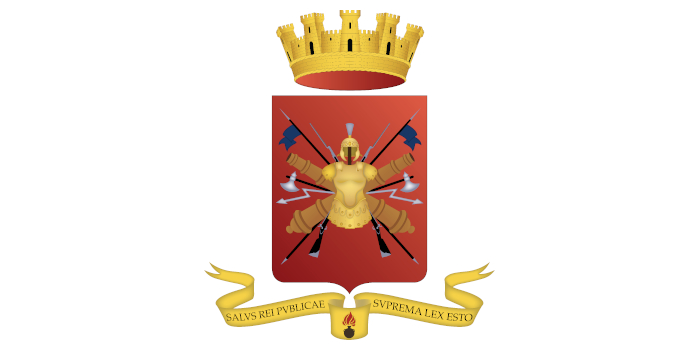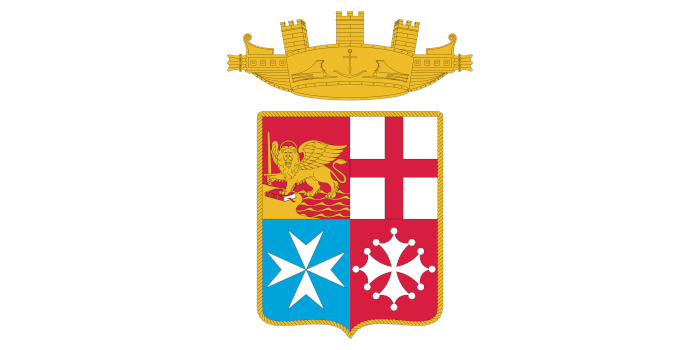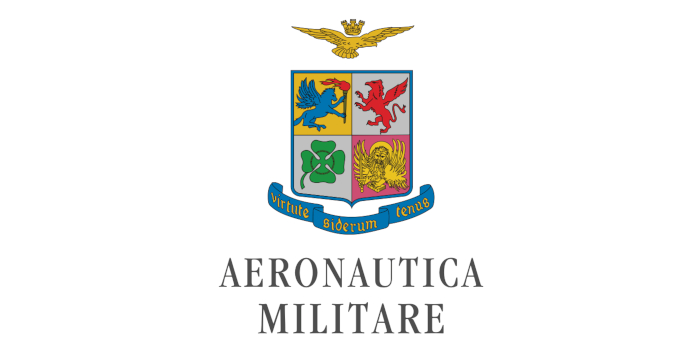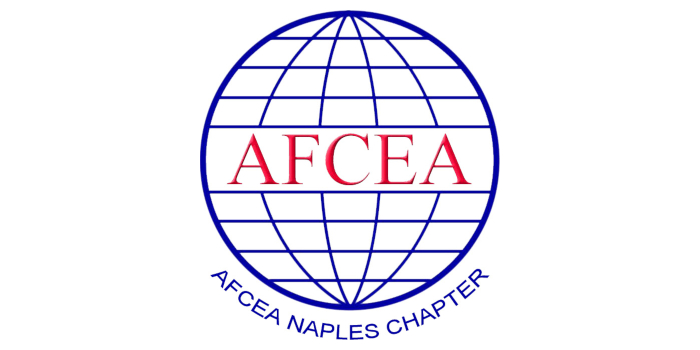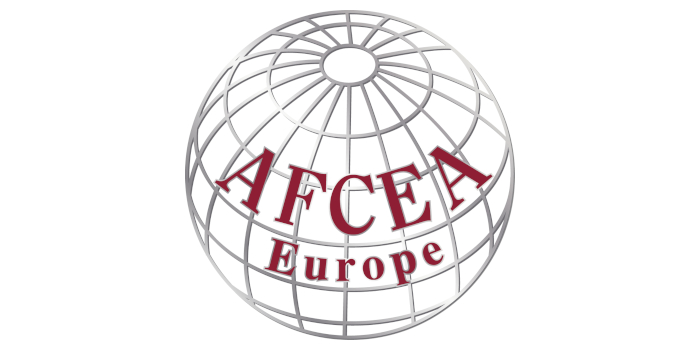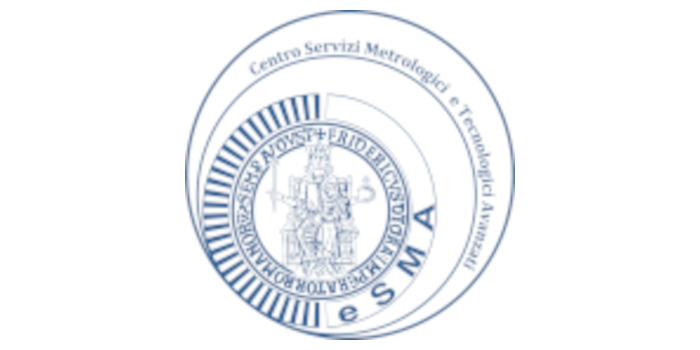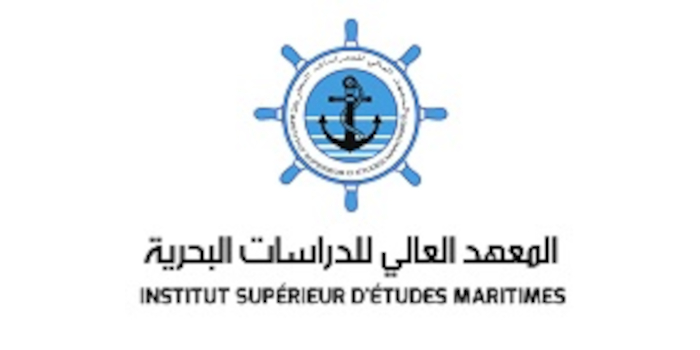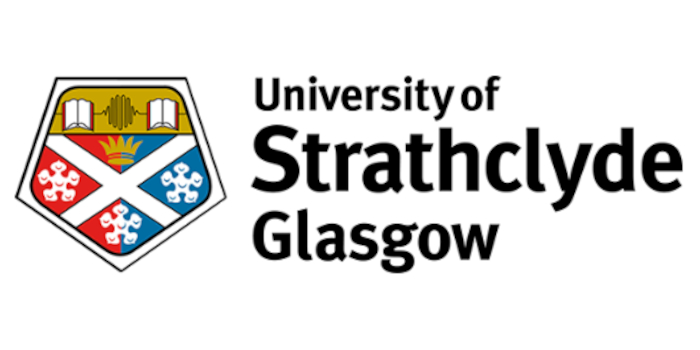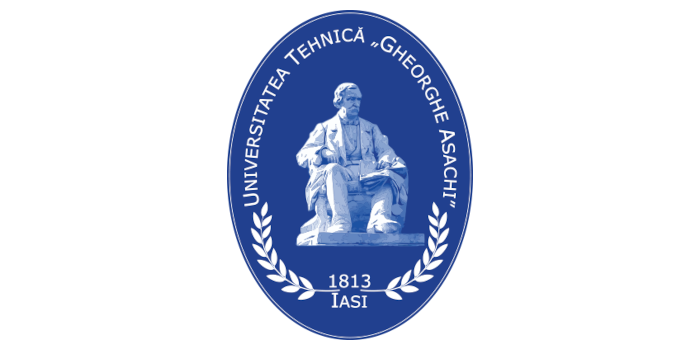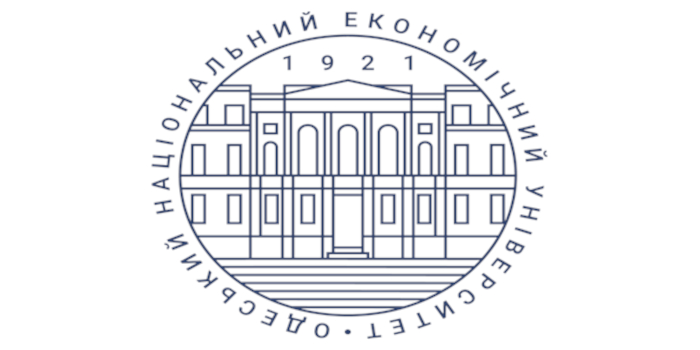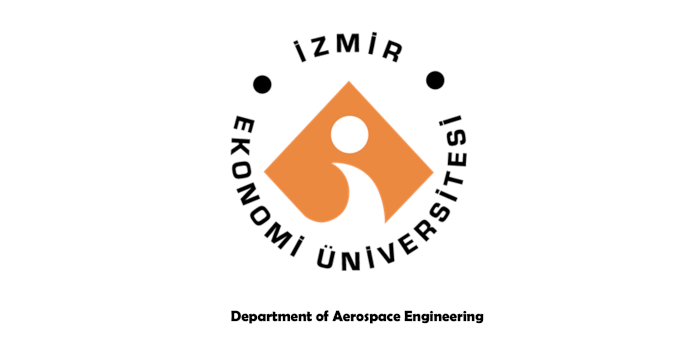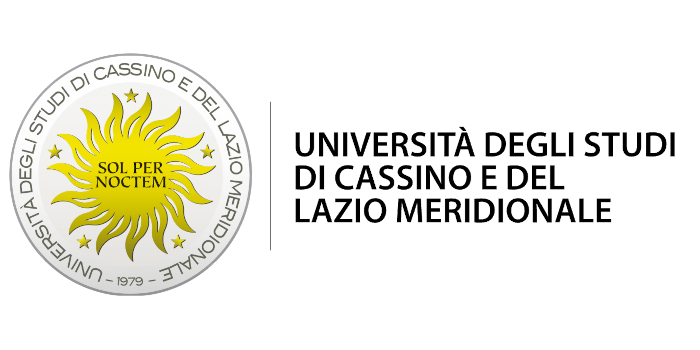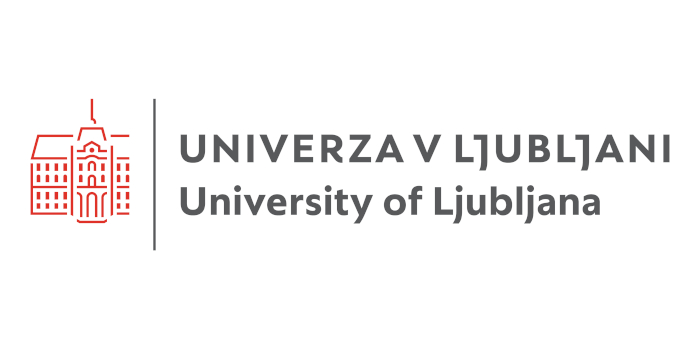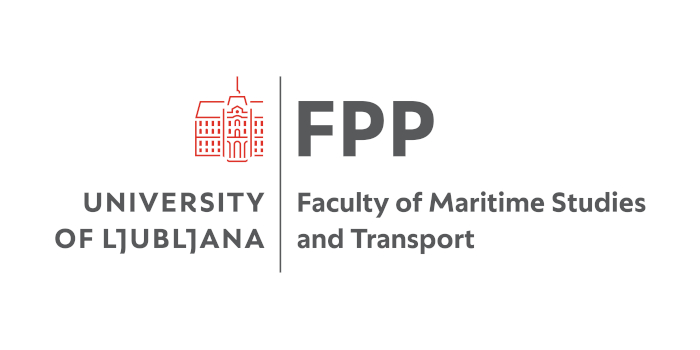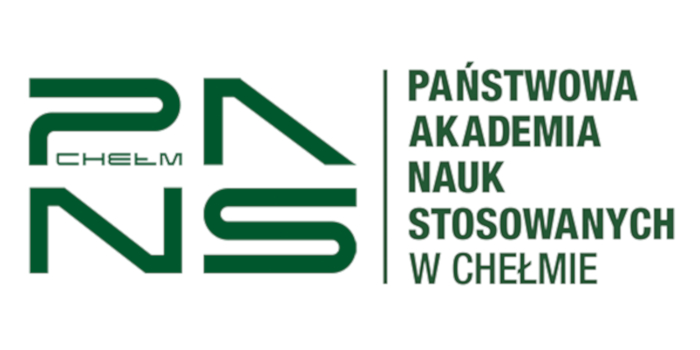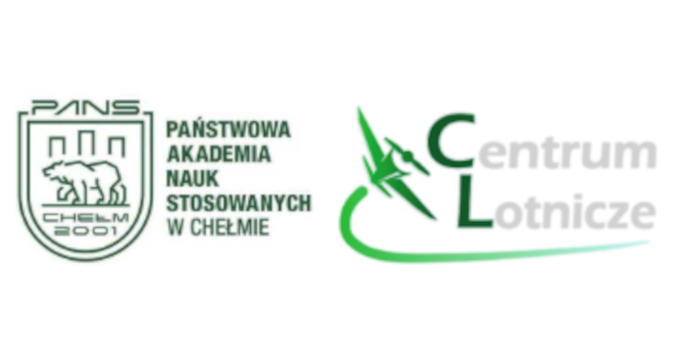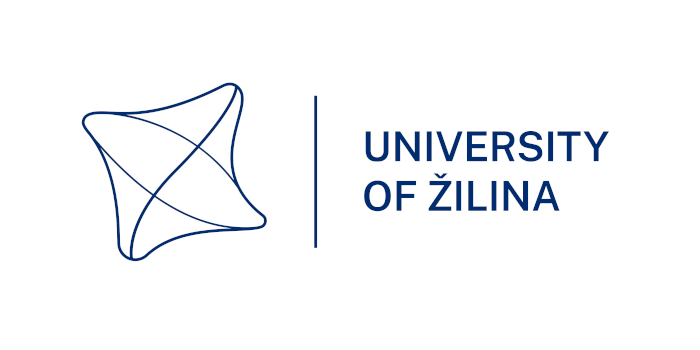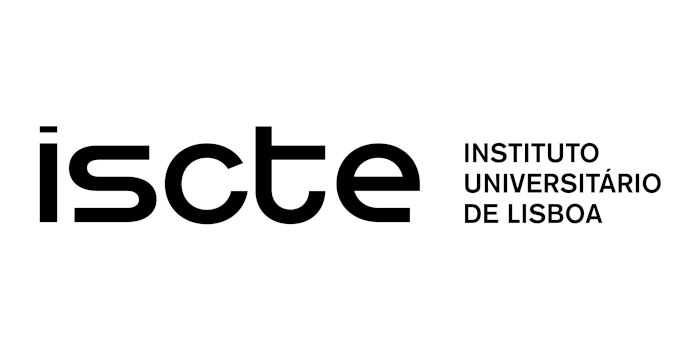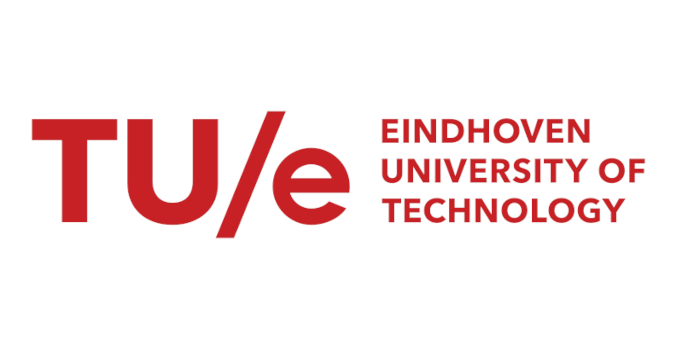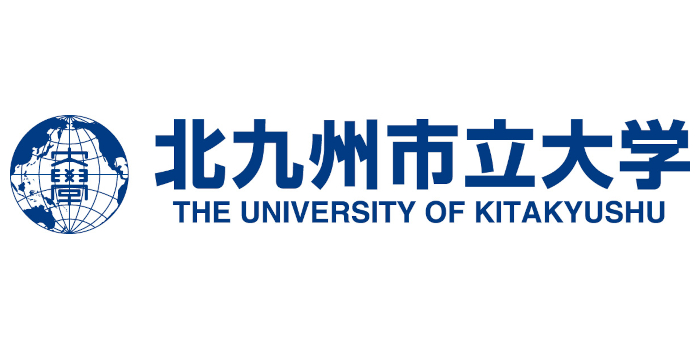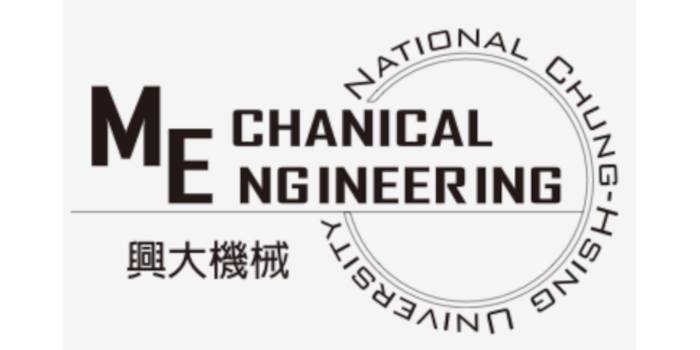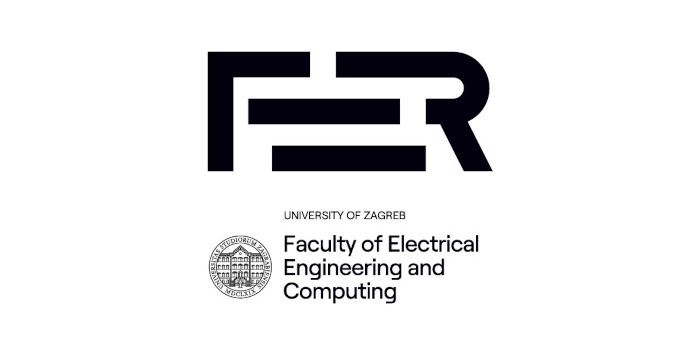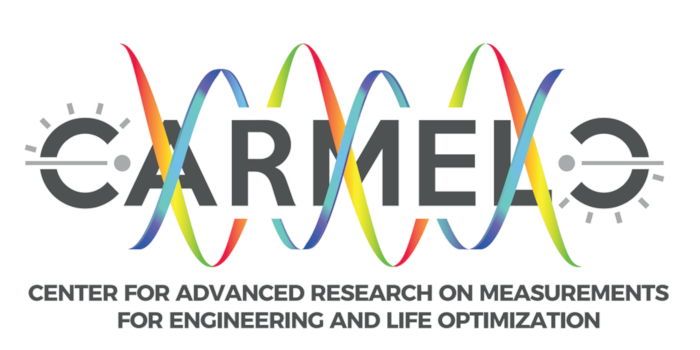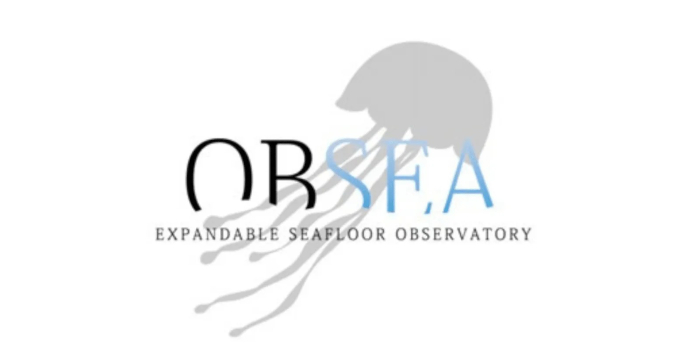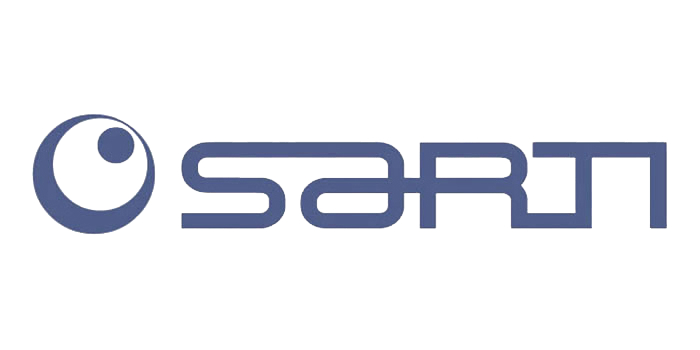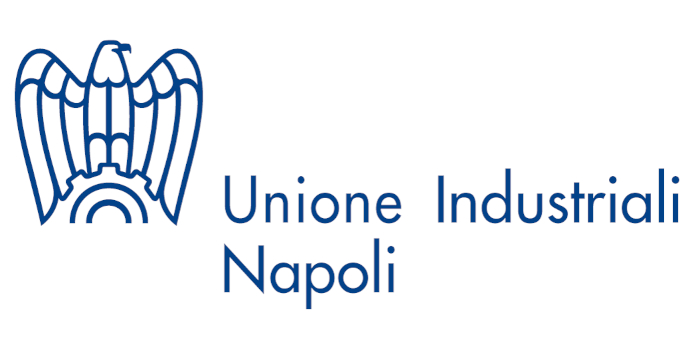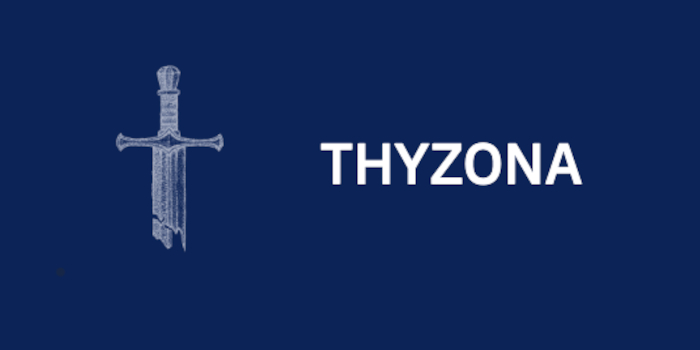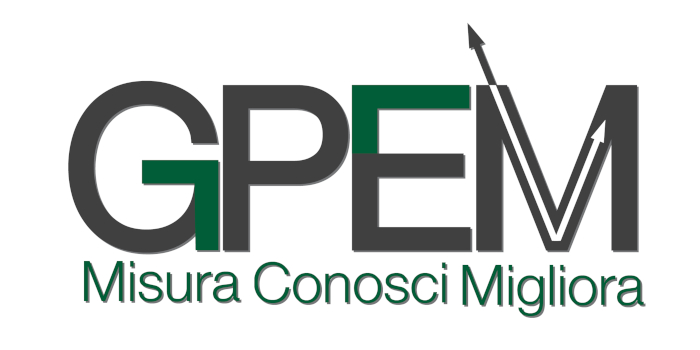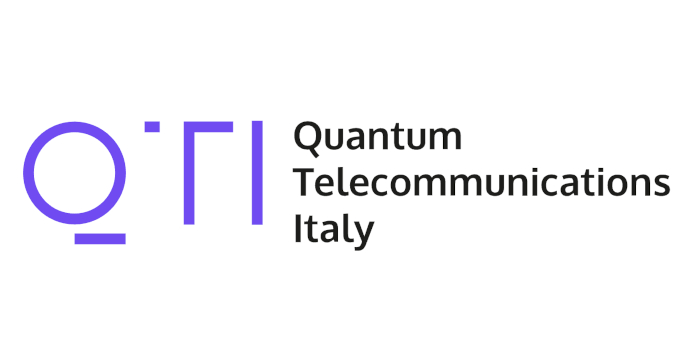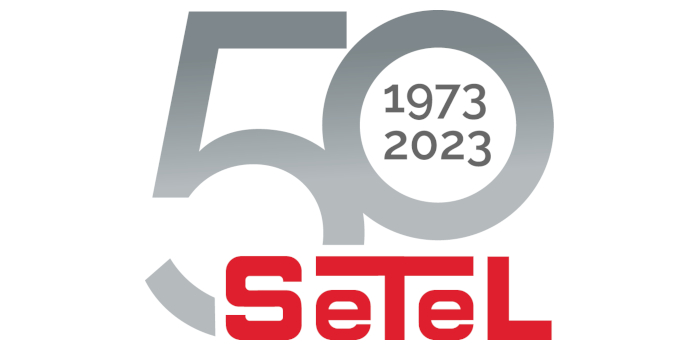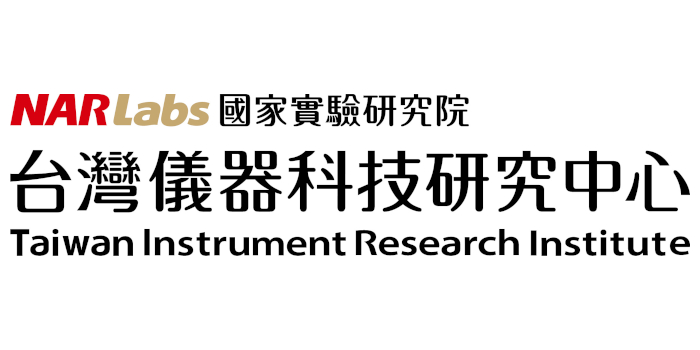Emerging technologies and their effect on global security. The role of AFCEA
Rear Adm. Massimo Esposito
AFCEA International’s General Manager, AFCEA Europe
ABSTRACT
Over the past few years, the importance of technology in the preparation and conduct of military operations, as well as in terms of ability to influence the global security landscape is steadily increasing. As clearly stated in the 2022 NATO Strategic concept, Emerging and disruptive technologies (EDTs’) are altering the character of conflict, acquiring greater strategic importance and becoming key arenas of global competition. Technological primacy increasingly influences success on the battlefield.
This changing nature of modern conflicts is characterized by the exploitation of new ways to fight (hybrid warfare) and by the insurgence of new confrontational domains (cyber, cognitive, information), alongside the traditional ones. In all of this, EDTs’ are playing a significant role and could provide a new Revolution in Military Affairs.
The quest for technological superiority is becoming a major factor in the political agendas of the major powers. Consistent resources are allocated to achieve global technological leadership, which could boost the national economies and at the same time be a prerequisite for success in the future battlefield. Moreover, the increased accessibility and availability of those new technologies is reducing the technological gap between states and could bring an increased risk of confrontation, often below the threshold of war.
In this context, a continuous forum for networking and exchange of ideas and experiences between government/military, industry and academia is more important now than before. This is exactly the role of an international organization like AFCEA, that aims to connect, people, ideas and solutions globally, with a specific focus on C5ISTAR and new technologies.
SPEAKER BIOGRAPHY
Italian navy Rear Adm. Massimo Esposito (Ret.) is AFCEA International’s general manager, AFCEA Europe.
Esposito comes to AFCEA after serving for three years at the NATO headquarters in Brussels, focusing on new technologies and their effects on future warfare.
Esposito entered the Italian Naval Academy in 1983 and spent 15 years serving aboard warships as an antisubmarine warfare, operations and executive officer.
In addition to his command assignments, Esposito served in a variety of senior positions at single service, joint and international levels, including: Maritime Operations Center manager at NATO Naval headquarters, Naples, Italy; directing staff, teacher and senior researcher at the Italian Joint Staff College, Rome; executive and military assistant to the commanding officer of the Italian Naval Staff College, Venice, Italy; plans section head and military cooperation team leader at NATO Joint Forces Command, Brunssum, the Netherlands; director of the Centre for Maritime Studies at the Italian Naval Staff College, Venice, Italy; and branch head and military assistant at the Italian Military Delegation, NATO HQ, Brussels.
He earned a Master of Arts in defense studies from King’s College in London and in international, strategic and military studies from LUISS Guido Carli University in Rome. He also holds a Bachelor of Science in physics from the University of Lecce in Italy, a Bachelor of Science in naval and maritime science from the University of Pisa in Italy and a Bachelor of Arts in political science from the University of Trieste in Italy. He has also successfully attended the Advanced Command and Staff Course at the Joint Services Command and Staff College in Shrivenham, U.K.

